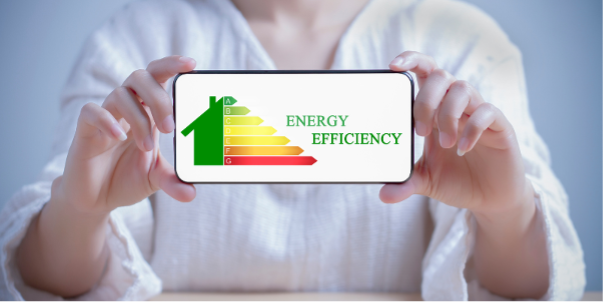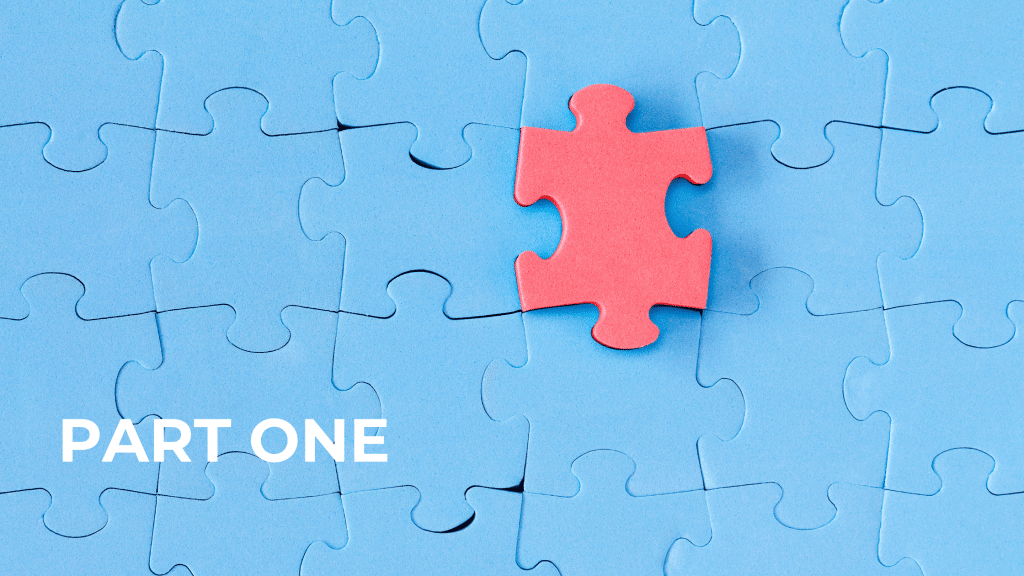Recently, multiple CEO clients have told me they feel guilty when they take time out to recharge.
One of these CEOs shared how guilty they felt when, after hitting the wall, they took a couple of hours to do something non-work-related during business hours to recharge. A sentiment often echoed by many of the executives I coach.
One former Chief Executive I worked with told our executive team to be open with our teams about working late and on weekends so they would understand why we occasionally needed time to recharge when they were working.
However, a different Chief Executive in a different context encouraged executives to hide our extended work hours by using the ‘delay send’ email feature, so our late hours and weekend work didn’t stress other people and make them feel pressured to work out of hours.
No wonder senior leaders tell me they feel guilty and unable to meet everyone’s expectations, let alone manage their energy.
When you feel you must hide your reality, the guilt that you’re not doing enough can make you push through and rarely stop to re-energise – even if you’re totally drained during ‘normal’ work hours.
Remember, it’s not about the weight you carry but how long you carry it.
Imagine holding up a small Lego block because you feel that if you put it down, the house being built around you will collapse. Holding up that block might be okay for a short period, but imagine the searing pain in your arms if you feel you can never put it down.
I see leaders falling into the trap of assuming they need to manage their time better. They will never find a way to get it all done, and they should focus on managing their energy.

Every battery will eventually run out of power if you leave the device its powering switched to ‘on’ without a recharge. And recharge is harder when an out-of-hours effort is typical.
Sadly, the damage goes beyond the personal impact on the always-on leader.
Instead of teams experiencing consistent, supportive and constructive leadership, they’ll experience inconsistent ups and downs as the leader’s energy ebbs and flows.
And when the leader realises, there will inevitably be one more thing for them to feel guilty about.
What would you rather choose to feel guilty about:
- Taking time out when needed so you can manage how you show up?
or - Your team never knows whether it’s a good or bad time to engage with you?
If you’re taking time out to recharge when working from home and a call comes through that must be answered, the person on the other end wouldn’t know what you’re doing – taking a bath, gardening, watching a movie (assuming you pause the movie) unless you tell them.
If they’re reasonable, they’d most probably applaud you for your sensibility in taking time out to recalibrate or recharge when you notice you’ve hit your limits.
If choosing your preferred form of guilt isn’t enough to convince you it’s okay to take time out, a study from The Energy Project reported in the Harvard Business Review article Manage Your Energy, Not Your Time may convince you to stop ‘pushing through’.

The study took 106 employees at 12 banks, from senior leaders to lower-level managers, through training to help them strengthen the four main dimensions of their energy i.e. physical, emotional, focus (mind), meaning and purpose. They also assigned fellow employees to provide support between sessions.
Using the bank’s key performance metrics, they looked at year-over-year percentage changes in performance to evaluate how the participant group performed compared with a group of employees at similar levels at nearby banks who did not go through the training.
They found increases in performance of between 13 to 20 percentage points greater than the control group’s in the first three months of the study. With only a handful of exceptions, the participants significantly outperformed the control group for a full year after completing the program.
So, the next time your Board Chair or Chief Executive says it’s up to you how you manage your time, choose to interpret that as permission to manage your energy.
If questioned, you can share this McKinsey article about what makes a successful CEO, which says a ‘‘CEO’s energy is just as important as their time. Maintaining—and renewing—their energy levels allows CEOs to set a marathon pace rather than a sprint pace that could lead to burnout.







